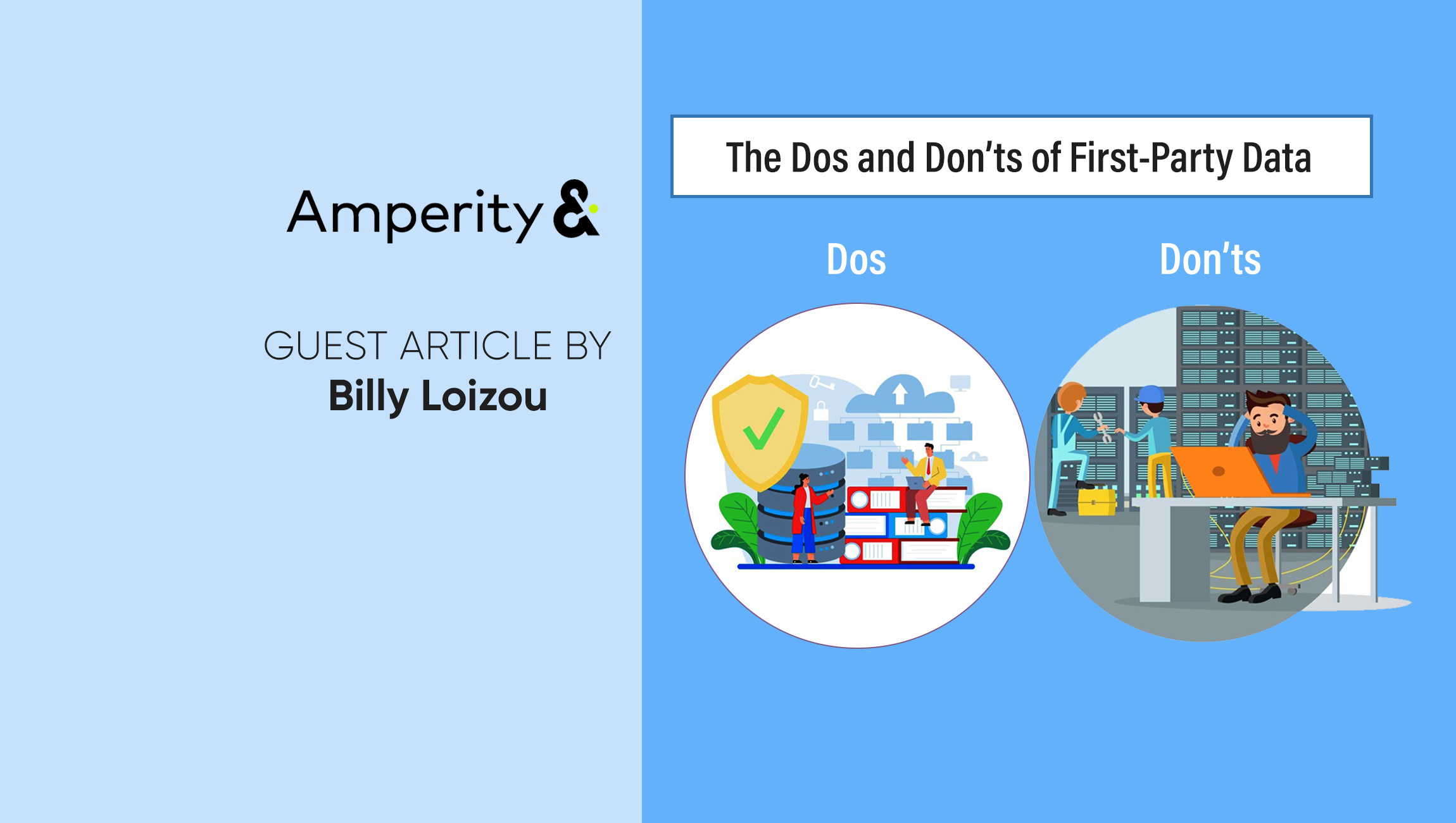The MarTech (Marketing Technology) landscape continues to evolve rapidly, reshaping the way businesses engage with their customers. In recent developments, personalization in martech and marketing has taken centre stage as marketers strive to deliver tailored experiences. Advanced AI-powered martech tools have emerged, leveraging machine learning algorithms to analyse vast amounts of customer data and deliver hyper-personalized content at scale.
Integration and consolidation have also been key trends, with MarTech platforms expanding their capabilities and seeking to provide end-to-end solutions. Additionally, the increasing focus on data privacy and compliance has led to the emergence of MarTech solutions that prioritize data security and consent management. As technology continues to advance, the MarTech landscape is poised for further innovation and disruption.
From Evolution to Revolution: The Phenomenal Growth of MarTech
The MarTech industry has witnessed explosive growth, expanding to encompass over 11,000 tools, highlighting its ever-increasing importance in the marketing ecosystem. Here’s a deep dive into the factors contributing to the expansion of the MarTech landscape:
1. Diverse Solution Categories:
MarTech now spans a wide range of solution categories, including customer relationship management (CRM), content management systems (CMS), social media management, email marketing, analytics, and more. This diversity reflects the evolving needs of marketers and the growing complexity of marketing strategies.
2. Emerging Technologies:
Advancements in artificial intelligence (AI), machine learning (ML), and automation have fuelled the development of innovative MarTech tools. These technologies enable marketers to analyse vast amounts of data, automate processes, and deliver personalized experiences at scale.
3. Niche Specializations:
As the industry matures, niche MarTech tools have emerged to cater to specific verticals or unique marketing challenges. These specialized solutions provide targeted functionalities and address specific pain points, giving marketers more options to tailor their technology stack to their specific requirements.
4. Integration and Consolidation:
The MarTech landscape has seen a rise in integration and consolidation, with platforms aiming to provide comprehensive, all-in-one solutions. This trend enables marketers to centralize their tools, streamline workflows, and eliminate data silos, enhancing efficiency and effectiveness.
5. Data Privacy and Compliance:
The increasing emphasis on data privacy regulations, such as the General Data Protection Regulation (GDPR) and the California Consumer Privacy Act (CCPA), has prompted the development of specific MarTech tools focused on data security, consent management, and compliance. These solutions help marketers adhere to regulations and build trust with their customers.
6. Customization and Personalization:
Marketers are leveraging MarTech tools to deliver personalized experiences to their customers. The ability to collect and analyse customer data allows for targeted messaging, tailored recommendations, and individualized interactions across various channels.
7. Rapid Innovation:
The MarTech industry is characterized by rapid innovation, with new tools and technologies constantly entering the market. Startups and established players alike are continuously pushing boundaries, introducing novel solutions to meet evolving marketing needs.
Marketing Technology News: MarTech Interview with Chris Koehler, CMO @ Twilio
Acquisition-Driven Expansion: Fuelling Innovation and Tool Diversity in MarTech
The growth of the MarTech industry has been fuelled by strategic acquisitions. These have led to diversification, lowering entry barriers, increased competition, and innovation. The exchange of ideas and resources resulting from acquisitions has generated synergistic effects, pushing the industry forward.
1. Acquisition-driven Diversification:
The growth of the MarTech industry has been facilitated by strategic acquisitions. These have allowed companies to expand their capabilities and diversify their product offerings. Larger MarTech players have acquired smaller, specialized companies to fill gaps in their technology stacks. Thereby, resulting in a wider range of tools available in the market.
2. Lowered Entry Barriers:
Acquisitions have led to a lowering of entry barriers in the MarTech industry, creating opportunities for new players to enter the market. As established companies acquire smaller ones, it opens up gaps and niches in the market. Thereby, motivating entrepreneurs and developers to create innovative tools to fill those voids.
3. Increased Competition and Innovation:
The acquisitions in the MarTech industry have fuelled competition and innovation. Companies, both large and small, strive to differentiate themselves in the market and compete with the consolidated giants. This competition drives continuous innovation as companies develop cutting-edge technologies and unique approaches to stand out in the crowded MarTech landscape.
4. Synergistic Effects:
Acquisitions facilitate the exchange of ideas, expertise, and technologies between merging companies. When companies join forces, their combined knowledge and resources often result in the creation of more advanced MarTech solutions. This synergistic effect accelerates the industry’s growth and pushes the boundaries of what is possible in marketing technology.
5. Market Expansion and Specialization:
Acquisitions have enabled MarTech companies to expand into new markets and cater to specific verticals or customer segments. Acquiring specialized companies with expertise in specific areas allows for targeted solutions that meet the unique needs of different industries or customer groups. This market expansion and specialization contribute to the overall growth of the MarTech industry.
The growth of the MarTech industry has been significantly influenced by strategic acquisitions, resulting in a wider range of tools and increased competition. These acquisitions have lowered entry barriers, fostered innovation, and facilitated market expansion, driving the continuous evolution of the MarTech landscape.
Marketing Technology News: What is Marketing Work Management Software?











